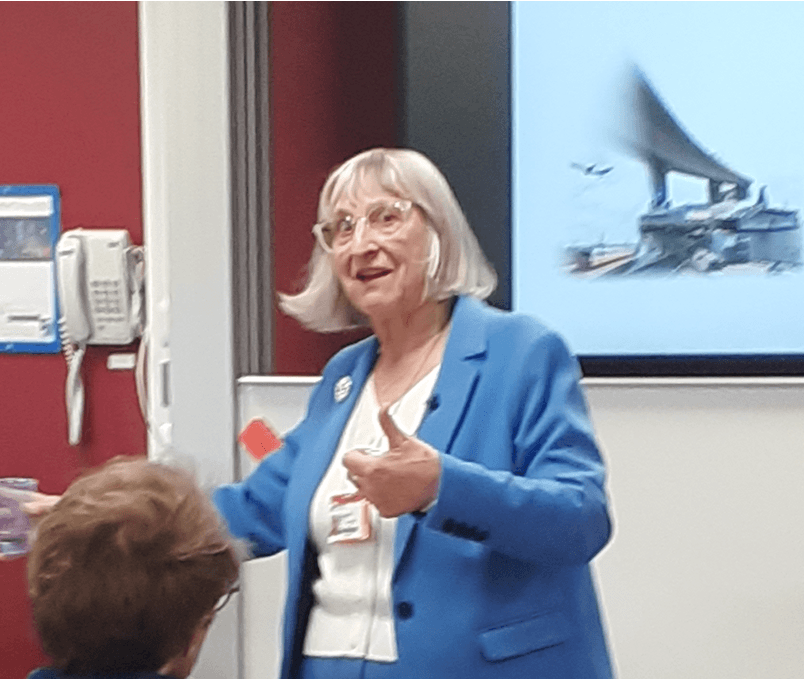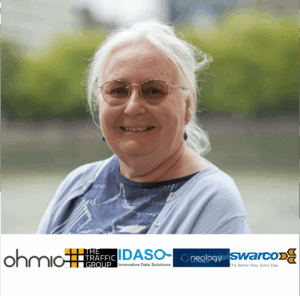One of the first academics to study the effects of transport emissions on the environment, Professor Margaret Bell, has given her valedictory lecture at Newcastle University, after a career spanning more than 50 years.
In the late 1990s there was little interest in the effects transport had on the environment, however Professor Bell spotted the issues and decided to do something about it by recruiting a group of transport technology professionals to discuss how intelligent transport systems could reduce the problems.
In her lecture at Newcastle University, she commented how her parents supported her when other family members thought that physics was not a subject for a girl. She started her PhD in theoretical astrophysics in 1970 and then started working life in acoustics.
Professor Bell became interested in traffic modelling via supervising a PhD student who was working on traffic noise. In the 1970s she worked on the effects of ageing traffic signal plans and proved that they must be updated or their effect degrades.
It was during the early 90s she linked traffic-derived air pollution with increased wheeze in asthmatic primary school children. However nearly a quarter of a century later Ella Kissi-Debrah died aged nine from an asthma attack in London (2013) which led to a landmark ruling in 2020 that her death was caused by air pollution. Professor Bell then became the founding chair of the ITS UK Smart Environment Interest Group in 2001.
After working on the link between traffic-generated pollution and public health during the 2000s and 2010s, more recently she has worked on shared electric vehicles and CADTIME India.
Her plans now are to make the most of her new Professor Emerita status to PhD workshops, write a text book for undergraduates and post-graduates, and get more active in the Trefoil Guild. She told the students and colleagues at her lecture she believes that the most important thing in transport now is to persuade people to give up using private cars and reduce the need to travel.
Away from her academic work, Professor Bell worked on inclusivity, active in organising nursery at her university, when the government of the day banned universities from providing such facilities. Childs Play still operates today.
Jennie Martin, Chair of Bus Users UK and a former Secretary General of ITS United Kingdom, who wrote these notes for Highways News said: “It was a great honour to attend Professor Bell’s valedictory lecture. Nobody has done more than Margaret to make the UK transport sector understand how air pollution from vehicles works, how it affects public health, and what can be done to reduce it and its effects. Her research and that of the many teams she has led down the years has made this knowledge mainstream, and she has gone a long way towards achieving the same for the pollution from friction from brakes, tyres and road surfaces, and the effects of traffic-generated noise. Working with Margaret to set up the ITS United Kingdom Smart Environment Interest Group in 2000 was exciting because it was a significant step towards moving this knowledge and thinking out of academia and into industry and local transport authorities. Margaret’s legacy will live on and she is not finished with creating it yet either.”
(Picture courtesy of Jennie Martin)























